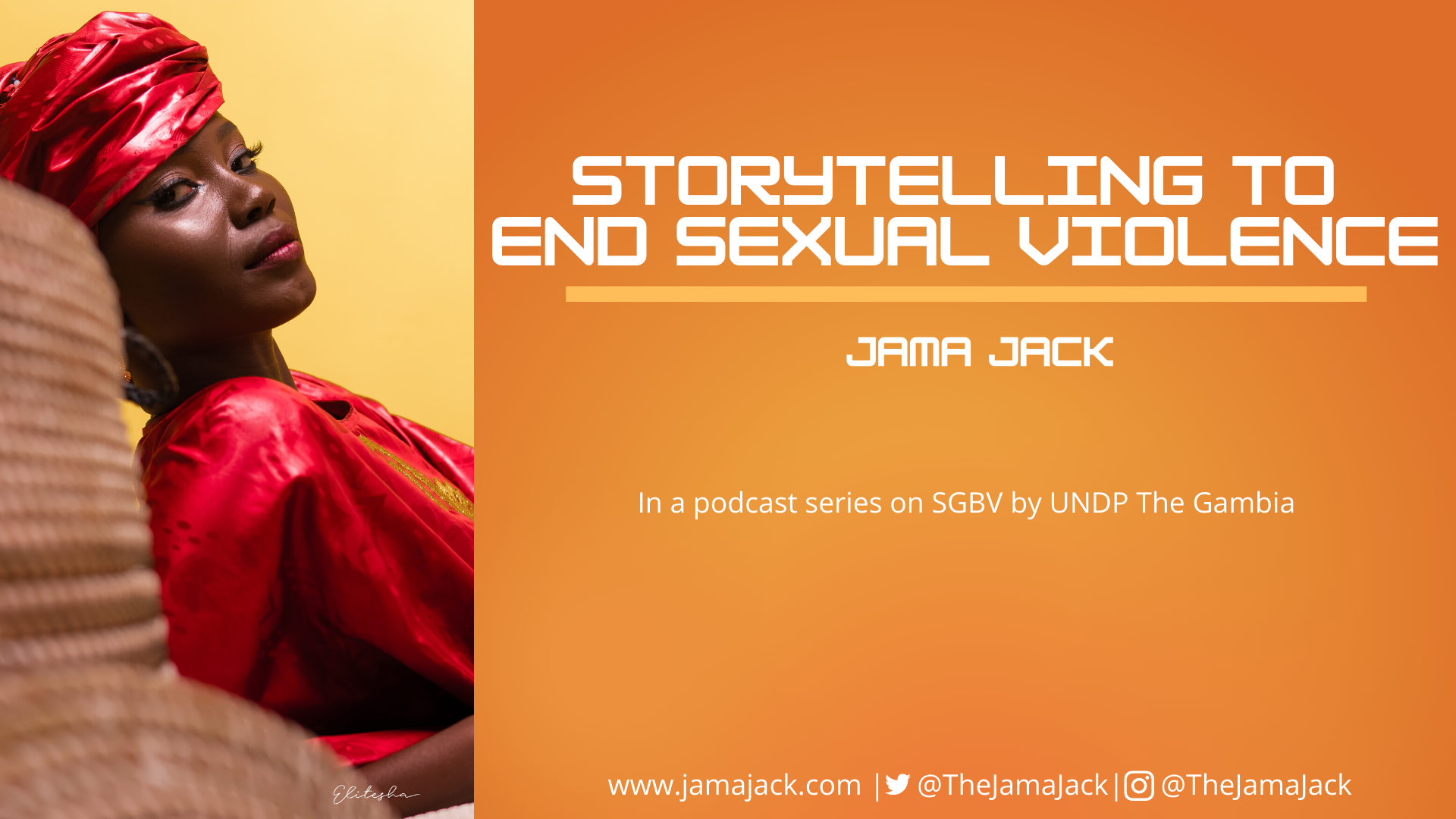Speak up! Speak out! Share your story!
These are the statements we often hear being said to victims and survivors of sexual violence. Over the past few years, calls for survivor-led and focused responses to sexual violence have led to a heavy concentration on the need for them to tell their stories. It is believed that this is an essential part of their healing journey, while contributing to demystifying the problem and facilitating access to justice.
Survivor-centred storytelling is great as it reminds us all that behind every case of sexual violence, there is more than just a number. There is indeed, a whole human being, with a life, a body, a name, a family, a series of dreams and endless aspirations. It is a reminder that victims and survivors are more than just a statistic, and so responses to sexual violence must cater to their diverse and complex needs.
Encouraging survivors to tell their stories can be good. Speaking up can help. Speaking out can make a difference. But we must always stop and ask: at what cost? At whose expense? What gives? And who benefits from the stories of sexual violence?
The Gambia remains a highly patriarchal society, where rape culture continues to thrive, perpetrators of sexual violence are rarely punished, and victims/survivors hardly get the justice and healing they deserve.
Victim blaming is the general response to cases of sexual violence: what was she wearing? Did she really say no? Why was she out at that time? Why didn’t she fight? Boys will be boys!
These questions have become a constant refrain, and their impact on the lives of victims and survivors is hardly examined. They are further amplified each time someone shares the story of their experience of sexual violence. It is usually worse when the victim/survivor is female, which is generally the case in The Gambia and other parts of the world. In most cases, the victim/survivor is left to deal with the effects of this backlash, and the incessant poking of holes in their story. They are left empty and hopeless after baring their vulnerability to the world, in a bid to get justice and healing.
In a society where public opinion often has an impact on the reactions and commitments of duty-bearers, access to justice for victims and survivors can be challenging. These attacks and the vilification of the very people who need support, trust and guidance often deter many from speaking up about their experiences, and this includes reporting cases for effective law enforcement.
For many, it is better to keep quiet and hold on to their stories forever than to share it with the world and be further victimised and blamed for the violence they faced and the violation of their rights. The choice is a heavy one.
We often say that there is power in sharing our stories of survival. We say this to the many victims and survivors of sexual violence as a way of helping them regain control over their narrative. And yes, there is indeed power in being the voice behind your own story. But there is also great power in holding on to your story until YOU are ready to share it. Until you feel safe to bare your soul and be vulnerable in the face of a vicious society.
We all have a responsibility to support victims and survivors who are ready and willing to share their stories. The first one is to respect their agency and their right to decide when, how and where they speak up and speak out. We must ensure that we are constantly creating safe environments for this experience, and that their stories are not used for commercial value or sensationalised for the wrong attention. We must provide a space that prioritises their humanity, safety and wellbeing first. We must ensure that the reporting of these stories in the media and other spaces do not cause further harm.
The government has a huge responsibility to ensure protection and justice for all victims and survivors, and dismantle the pervasive culture of victim-blaming that is often strengthened by the reality of perpetrators walking free. They must ensure that people can fully trust the judicial system to deliver justice without fear, favour or interference. Beyond the assurance and dispensation of justice, everyone should be committed to the physical and mental wellbeing of victims and survivors.
Healing is a long journey. For some it begins with speaking up and sharing their stories. And in our commitment to respond effectively to cases of sexual violence, we must take the many complex factors into consideration.
Speaking up can be powerful. Speaking out can be useful. Sharing personal narratives of sexual violence can contribute to change in systems and our current reality. But we must always remember to prioritise those who matter the most in this process: victims and survivors.
We must honour their stories, hold them in their pain, and work to provide better and safer spaces for their healing.
********
I made this contribution as part of a podcast series on Sexual Gender-Based Violence, produced by UNDP The Gambia in partnership with the government of Ireland. The podcast is part of outreach and engagement efforts in The Gambia’s transitional justice programme, and was hosted by journalist Fatou Ellika Muloshi.
You can listen to the podcast episode here.
